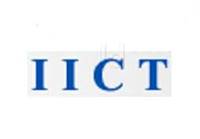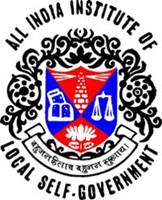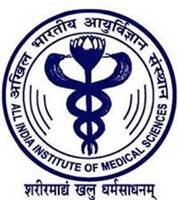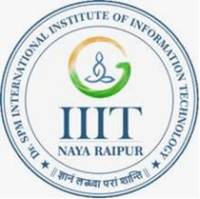
| Master of Philosophy (M.Phil) | |||
|
|
|||
|
Degree |
Full Time |
Duration: 2 Years
|
|||
|
|
|||
|
|||
| Eligibility |
|
Eligibility and Selection Procedure for MPhil in National Institute of Educational Planning and Administration Candidate should have passed minimum 55% marks or its equivalent grade in Master degree in Social Science and Allied streams from recognised university. Candidates holding Master Degree in other disciplines may aloso be considered if the have teaching experience or experience of working in the area of education policy, planning and administration. 5% relaxation is considered for candidates belonging to SC/ST and Persons with disablities. NET quaified candidate who have been awarded huniour research fellowship by the UGC with above mentioned educational qualifications are eligible to apply. Final year candidates are eligible to apply. Selection Process: Valid Score in Entrance Test.
|
|
|
|
|
|||||
National Institute of Educational Planning and Administration (NIEPA)
Offers M.Phil. and Ph.D.
Admission Process
Interested applicant may visit official website of the institute to obtained application form.
or
Canidate may directly visit institute admission office to get application form.
Fill application form
Pay non refundable amount Rs. 200/- , Rs. 100/- for Sc/ST candidate by demand draft in favour of Registrar, NIEPA, payable at New Delhi, and three copies of the brief write up on any one of the proposed area of research in around 2500 words within the board area of educational policy, planning, administration and finance as per the outline given, should be sent by the registered post to the Registrat.
The envelope should be marked as " Admission to M.Phil or Ph.D.Program (admission year.)" .
The filled application can alos be submitted in a person to the registrar office.
The Registrar National Institute of Educational Planning and Administration (NIEPA) 17-B Sri Aurobindo Marg, New Delhi-110016 Web: www.niepa.ac.in
Outline for the brief write up Title Statement of the problem/topic Raional of the study, importance and need for the proposed studt Brief review of the related literature Objectives/ research questions Design of the study Proposed methodology Database and instruments for data collection (if any) Expected outcomes Implications of the proposed research References
|
Notifications
|
|||
|





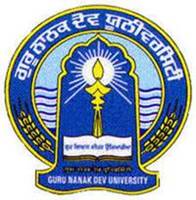
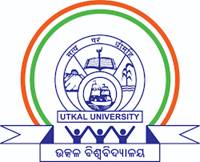







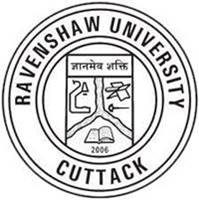
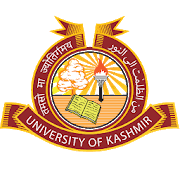



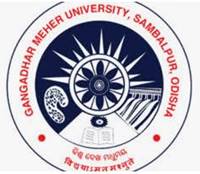


|
|||||
|
|||||
|
|||||
|
|||||
|
|||||
|
|||||
|
|||||
|
|||||
|
|||||
|
|||||
|
|
|||||||
|
|||||||
|
|||||||
|
|||||||
|
|||||||
|
|||||||
|
|||||||
|
|||||||
|
|||||||
|
|||||||
|
|||||||
|
|||||||
|



